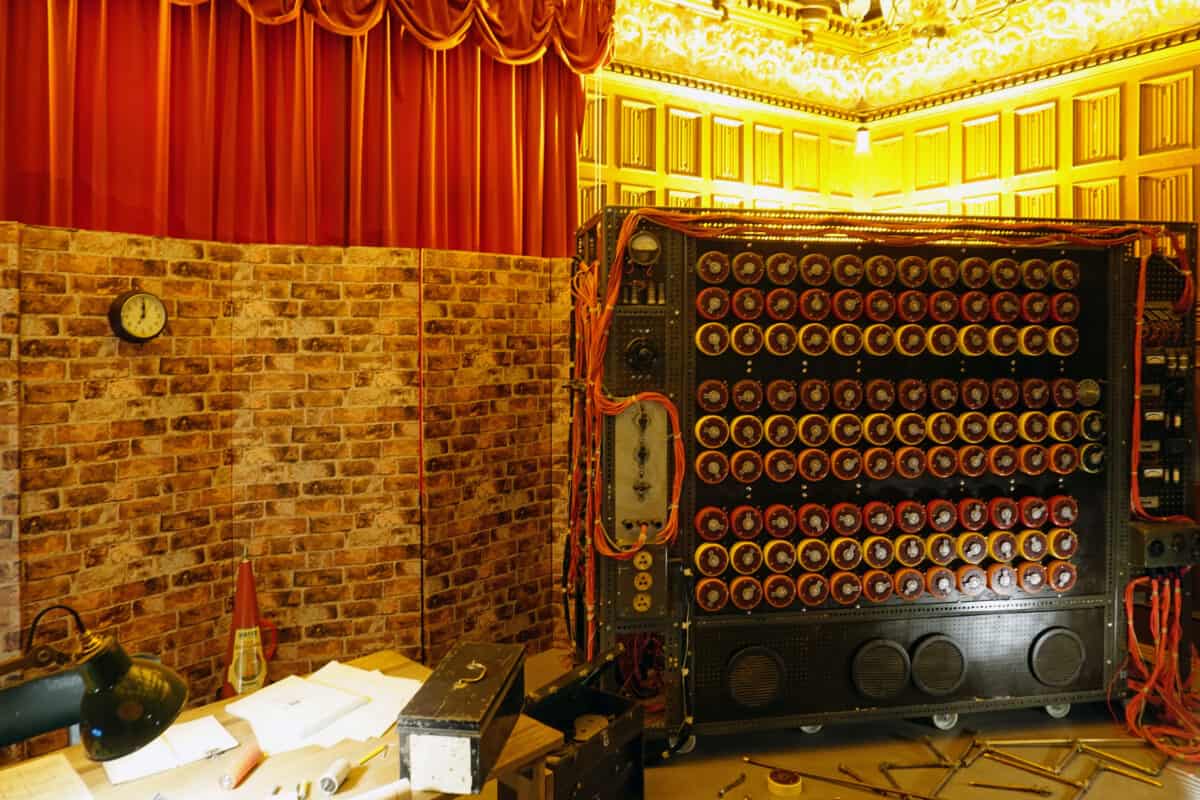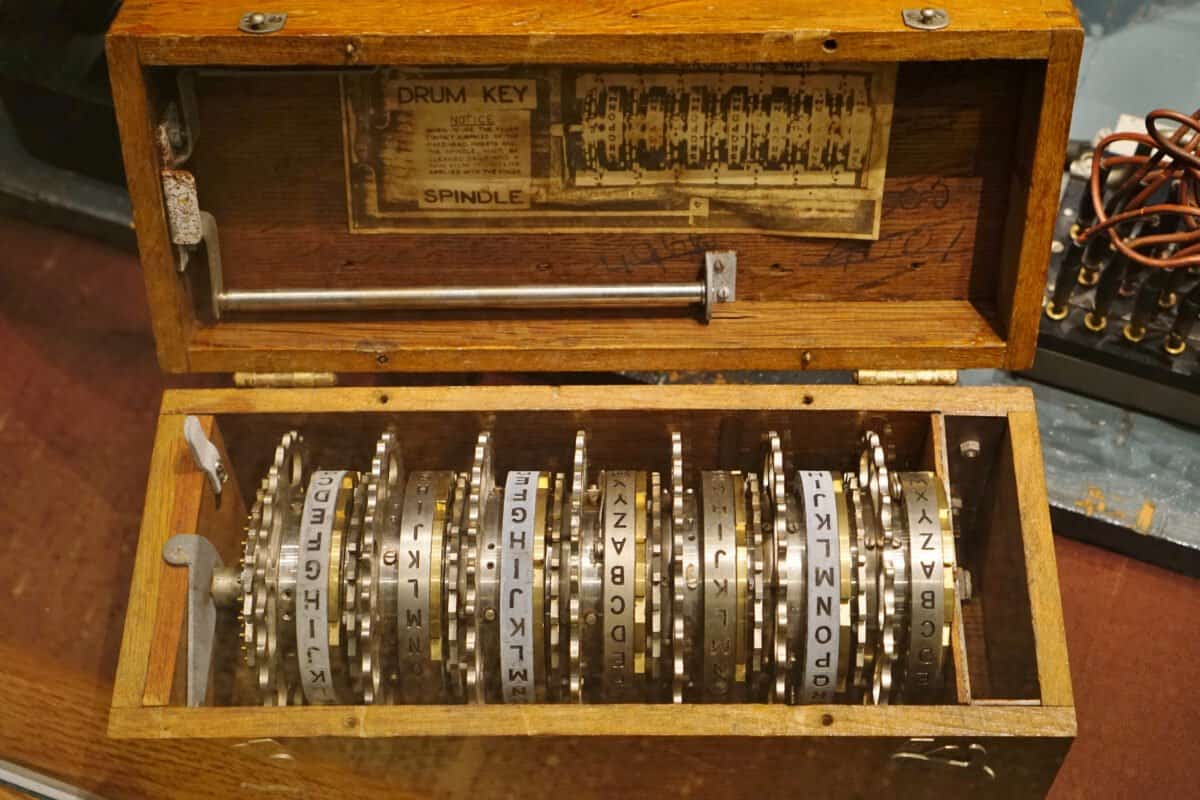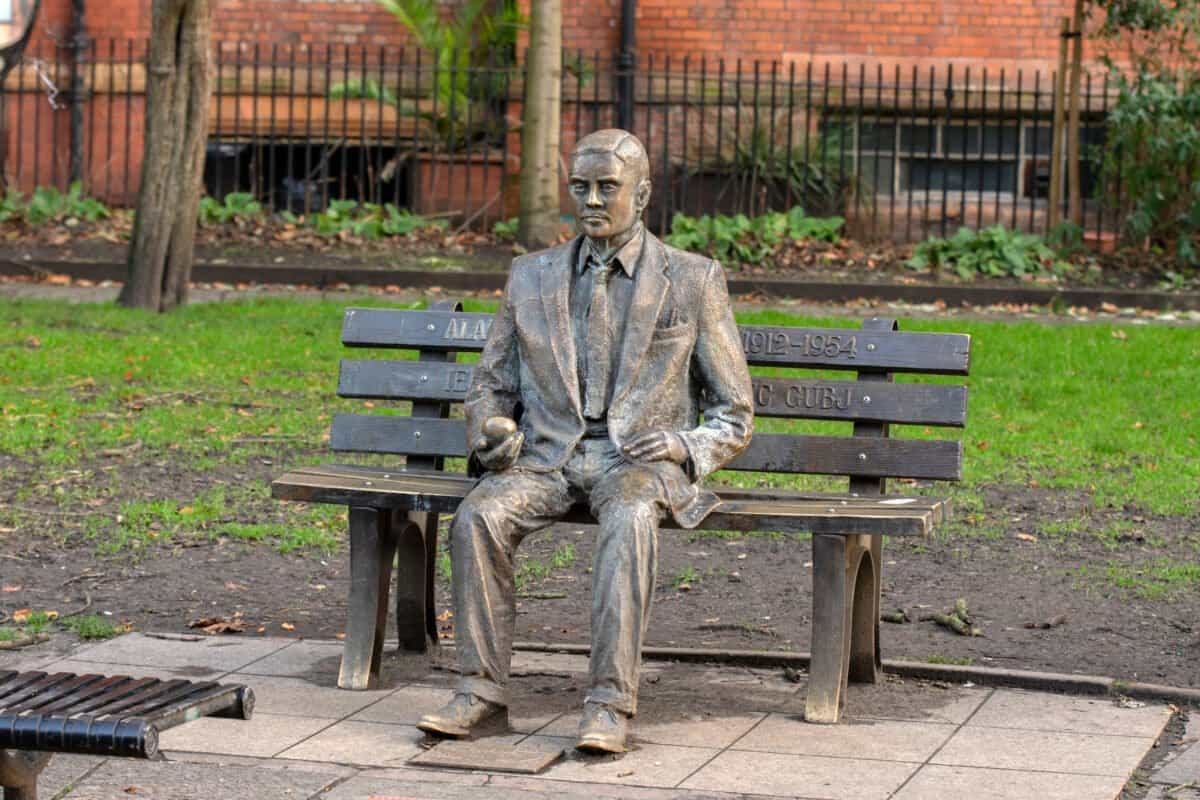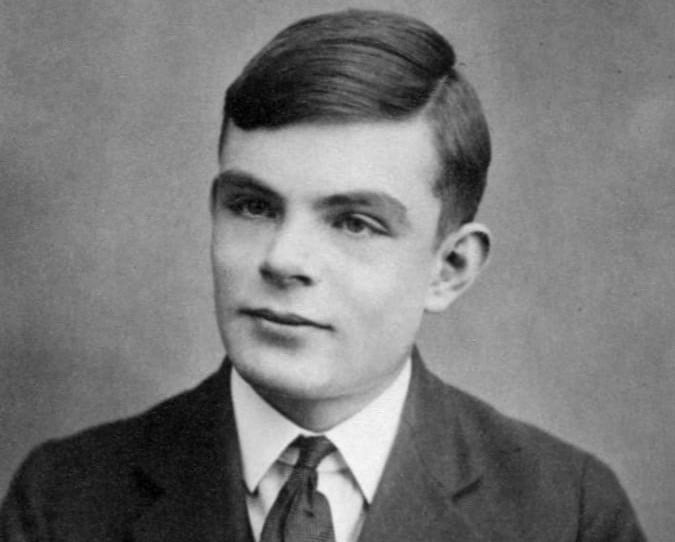Alan Turing’s contributions to mathematics, computer science, and code-breaking have left an indelible mark on the history books. But, despite his remarkable achievements, the true measure of his Intelligence Quotient (IQ) remains a mystery. Let’s take a close look at Turing’s intelligence as well as his life and accomplishments to answer a few important questions. What was Alan Turing’s IQ? What made him so smart? And is he the smartest person ever to live? Let’s explore the answers below.
Alan Turing’s IQ

While we can certainly make an educated guess as to what Alan Turing’s IQ might have been, his true score can never be definitively known. This is because he never took an IQ test in his life. Not to mention, determining a person’s IQ retrospectively can be quite challenging — even when their intellectual brilliance is widely acknowledged, as in Turing’s case. Nearly 70 years after his death, some historians have reported Turing’s IQ to be 185.
Where did they get the proper knowledge to make such a high estimate? By looking at Turing’s grades in school, his work from his university years, and his prolific career and extensive research conducted during his adult life. Turing was an exceptional mathematician, a genius logician, and an intelligent computer scientist. He played a pivotal role in breaking the German Enigma code during World War II. His vital contributions to the field of mathematics effectively laid the foundation for modern computing and artificial intelligence.
Even though Alan Turing’s IQ is estimated to be within the top 0.1% of the human population’s IQ, an IQ test alone is not enough to capture a person’s true intellectual ability. IQ tests are a good place to start in assessing cognitive function, but they are far from the finish line. IQ tests have many limitations, and Turing’s genius went beyond the measure of any single number or test result. His lasting legacy proves this.
What Made Alan Turing So Smart?

Alan Turing’s exceptional intelligence and brilliance are attributed to several key factors that set him apart from 99% of the population. What’s more, these factors extend far beyond academic performance. Turing’s unique combination of intellectual talents and cognitive abilities allowed him to make groundbreaking contributions to his field — and alter the course of history in the process. Here are five things that make Turing so smart.
1. Mathematical Ability
From the time he was just a kid, Alan Turing possessed an innate ability to grasp complex mathematical concepts with ease. Throughout his adolescence and into his adulthood, Turing proved time and time again that he could dissect intricate problems and come up with innovative solutions to them. This profoundly deep understanding of heady mathematical theories and principles plays a large part in his high estimated IQ.
2. Problem-Solving Skills
Throughout his life, Alan Turing’s intelligence extended far beyond mathematics. His sharp problem-solving skills allowed him to approach various challenges from all sorts of unconventional angles. This eventually lead to his world-changing breakthrough in cracking the Enigma code. Turing’s creative problem-solving often saw him thinking outside the box. Thus allowing him to apply unconventional theories to practical situations in his life and career.
3. Advances In Computer Science
Of course, we would be remiss not to mention Turing’s groundbreaking work in theoretical computer science. This is probably the one thing Turing is known best for, even after more than half a century since his untimely death at the young age of only 41. His conceptualization and implementation of the so-called Turing machine showed his ability to envision abstract computing devices. Turing’s remarkable work essentially laid the foundation for modern computing as we know it.
4. Intellectual Approach
Throughout Turing’s life and career, his one-of-a-kind intellectual approach set him apart from most of his contemporaries. He was able to seamlessly integrate ideas from a number of different disciplines, making for a very unconventional approach to mathematics. You see, Turing combined mathematical principles with pillars of logic, biology, and engineering. This interdisciplinary approach allowed him to tackle multifaceted problems with a thoroughly holistic perspective, leading to innovations that transcended individual fields as a result.
5. Insatiable Curiosity
Lastly, there was Turing’s ravenous quest for knowledge. Alan Turing’s IQ fails to capture the sheer lengths of his insatiable curiosity. He wasn’t afraid to delve into uncharted territories — both academically speaking and in the real world. Without this curiosity, would he have been up to the task of helping the Allied powers defeat the Axis powers during World War II? Turing was bravely willing to take risks, explore unknowns, ask hard questions, and challenge the norms of his time.
Was Alan Turing the Smartest Person Ever?

Alan Turing’s intellectual fearlessness fueled his brave endeavors and inspired him to pioneer groundbreaking concepts in the world of computer science. All in all, we can attribute Alan Turing’s exceptional intelligence and high estimated IQ to his keen mathematical insight, creative problem-solving skills, pioneering contributions to computer science, unique interdisciplinary approach, and fearless curiosity. These qualities converged to make him a visionary thinker whose impact continues to resonate in the modern world today. But was he the smartest person ever?
Truthfully, it’s impossible to say. Despite his IQ being higher than Albert Einstein’s and other legendary thinkers, Turing’s intelligence extended beyond academia. His practical application of mathematical concepts to real-world challenges — such as famously cracking the Enigma code — showcased this fact. There’s no doubt his code-breaking efforts significantly shortened the duration of World War II and saved countless lives in the process. This heroic fact goes beyond any measure of intellectual ability.
In the end, true intelligence is a multifaceted and ever-changing thing. This makes it exceedingly difficult to say definitively whether Alan Turing’s IQ makes him the smartest person ever. Nevertheless, there’s no doubt that Turing was one of the smartest people ever to live. His genius puts him up there with the sharpest, most intelligent minds in modern history. Still, history has measured Turing’s worth in far greater terms than simple academic performance. His legacy is that of a war hero and an iconic figure of LGBTQ history as well as a world-renowned genius.
Want to Retire Early? Start Here (Sponsor)
Want retirement to come a few years earlier than you’d planned? Or are you ready to retire now, but want an extra set of eyes on your finances?
Now you can speak with up to 3 financial experts in your area for FREE. By simply clicking here you can begin to match with financial professionals who can help you build your plan to retire early. And the best part? The first conversation with them is free.
Click here to match with up to 3 financial pros who would be excited to help you make financial decisions.
The image featured at the top of this post is ©Public Domain.
